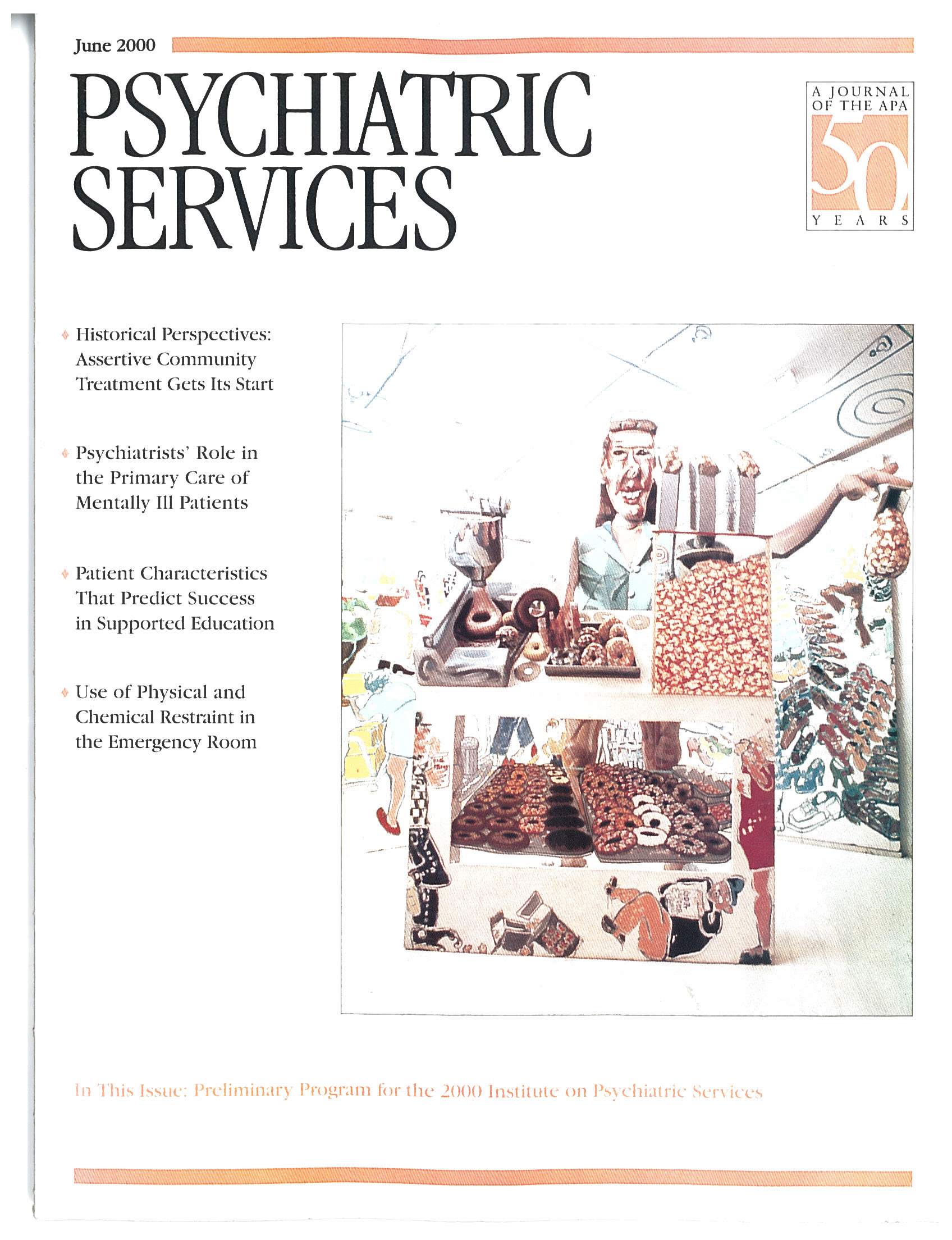A Survey of Police Officers' Experience With Tarasoff Warnings in Two States
Abstract
A desk sergeant at each of 48 Michigan police stations and 52 South Carolina police stations was surveyed about knowledge and experience of Tarasoff warnings. Respondents at 45 stations reported receiving warnings from mental health professionals, with a mean±SD of 3.7±8.4 warnings a year. Only three respondents were familiar with the Tarasoff ruling. Twenty-four stations had a specific policy on such warnings. Twenty-seven stations would not warn a potential victim. Michigan stations were much more likely than South Carolina stations to have experience with or policies on Tarasoff warnings. Because police apparently have limited experience with Tarasoff warnings, calling them may not be the best way to protect potential victims from patients making threats.



